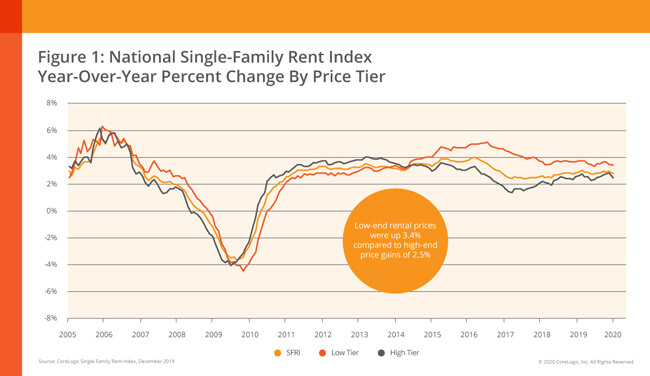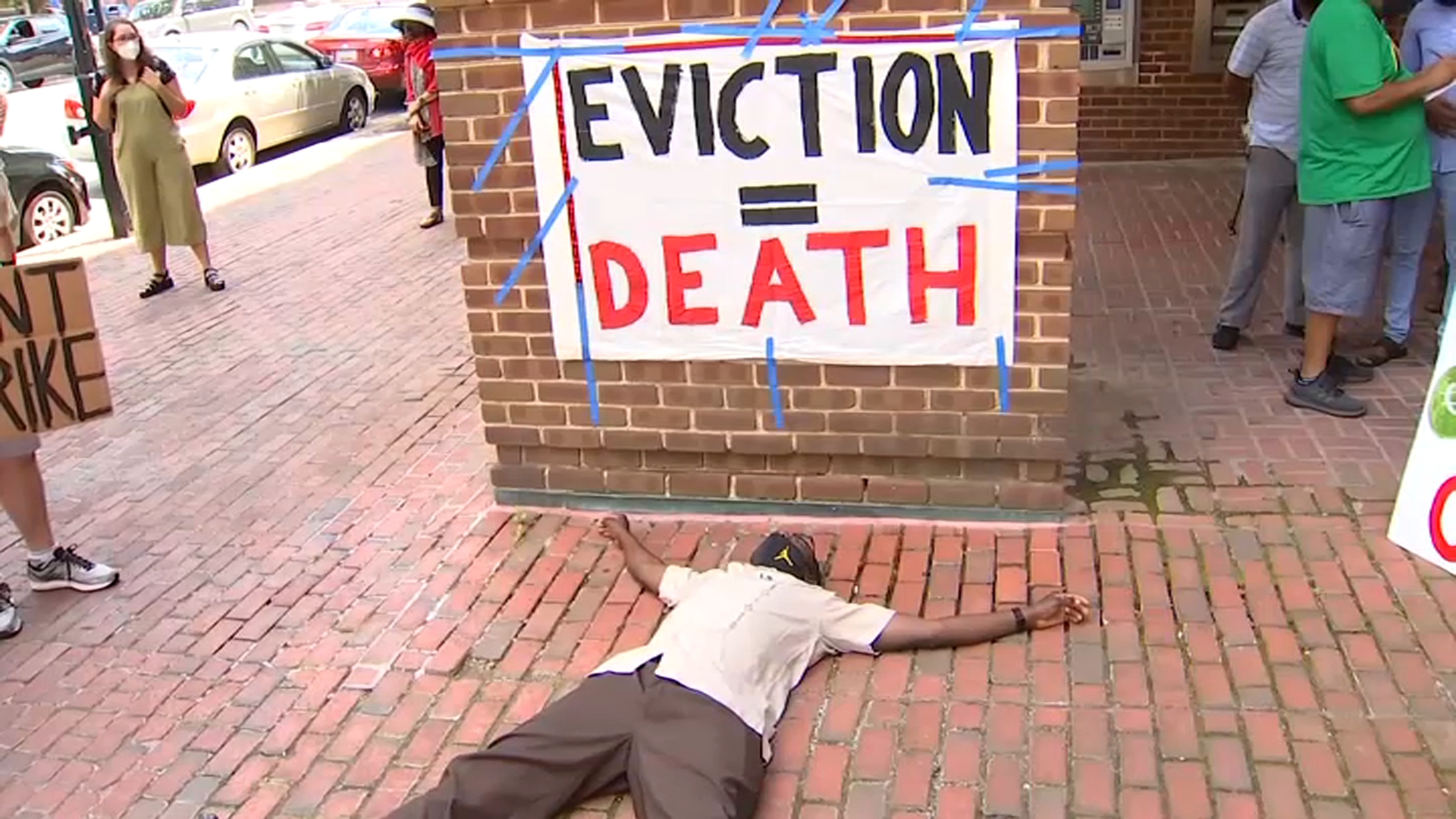
On Friday, Joe Biden signed an executive order “intended to increase competition within the nation’s economy and to limit corporate dominance, factors the White House says have led to higher prices and fewer choices for consumers while dampening pay and restricting the freedom to change jobs.” Non-compete clausesprohibit workers from “competing’ with a current employer by joining another group in the same business sector. These clauses are also known as restrictive covenants. They restrict freedom. You know what else restricts people’s freedom? Raising the rent by 30 percent in a single swoop, and that is what is happening around the country. This is not a story of “market forces”. This is a story of speculators drawing excessive profit from the veins of working people, especially women of color.
Nationally, rents have risen 7.5% since January, three times the average rate of rise. Meanwhile, according to Apartments.com, “household debt is at levels not seen since the Great Financial Crisis or wartime.” In every price category, rents for single-family homes are rising quickly. Rents on lower-middle priced single family homes have risen 4.8%, up from 2.5%, almost a 100% increase.
For forty years of neoliberal urban development, the United States has steadily decreased the affordable housing stock. Trickle down development, irrespective of which party was in control of the municipality, and the drive to purchase global city status, meaning hordes of low-wage service sector workers servicing and serving a minority of upwardly mobile `clients’, turned urban real estate into the playground of the corporate speculators, many of whom used eviction, formal and `informal’, as a regular means of investment. Remember, during this past year’s eviction moratorium, the majority of eviction filings were done by a relatively small group of corporate landlords. Remember as well that prior to this past year’s eviction moratorium, the majority of eviction filings were done by a relatively small group of corporate landlords. Plus ça change, plus on meurt.
The current skyrocketing of rents is described as a `natural consequence’ of market forces. More people suddenly want rental units in places where there aren’t enough, but for those seeking affordable housing, or even somewhat affordable housing, this is the latest, more dire chapter of a novel they’ve been living in for decades. A woman in Phoenix wakes up one day and gets a note saying her rent is going up, effectively immediately, almost $400 a month, or 33 percent. She is informed she has four days to decide. There’s really nowhere else to go: “It almost feels like there is nowhere to go. It’s just insane everywhere. It feels like I’m being chased out of my own home, and it’s the worst feeling in the world.” There is nowhere to go, she is being chased out of her own home, it is the worst feeling in the world. When she moves, as she will, her move will not be counted as an eviction, partly because there was no filing and more because, as a renter, she has little to no rights and less power.
“Landlords … are realizing the power they suddenly have.” There’s nothing sudden about landlords’ power. Remember, in many places, the reasons rent relief hasn’t reached tenants is because landlords decided it wasn’t worth it to wait months to receive the overdue rent and chose to evict their tenants anyway. Before someone says, “Not all landlords”, the landlords who own and control the largest part of the rental market are the ones who opted out of the rent relief program. The landlords who own and control the largest part of the rental market make up a disproportionate part of those evicting and an even larger portion of those filing evictions. (There are exceptions, some, too few, such as the Winn Company, but they are exceptions and have not impacted their colleagues.)
The struggle for housing, and in particular affordable housing, has entered a new and perilous phase, made all the more dire by its being absolutely predictable and even foreseen. Adding fuel to the fire is this narrative of `market forces’. Stop talking about demand and talk, instead, about corporate landlords’ decisions and actions, their power, to restrict the freedom and impair the lives of millions of people who rent homes. Want to secure freedom in housing? Restrict the unrestricted power of corporate landlords, support tenants’ rights and power. Support rent control, support right to counsel in eviction cases, support freedom.
(By Dan Moshenberg)
(Infographic Credit: CoreLogic)
